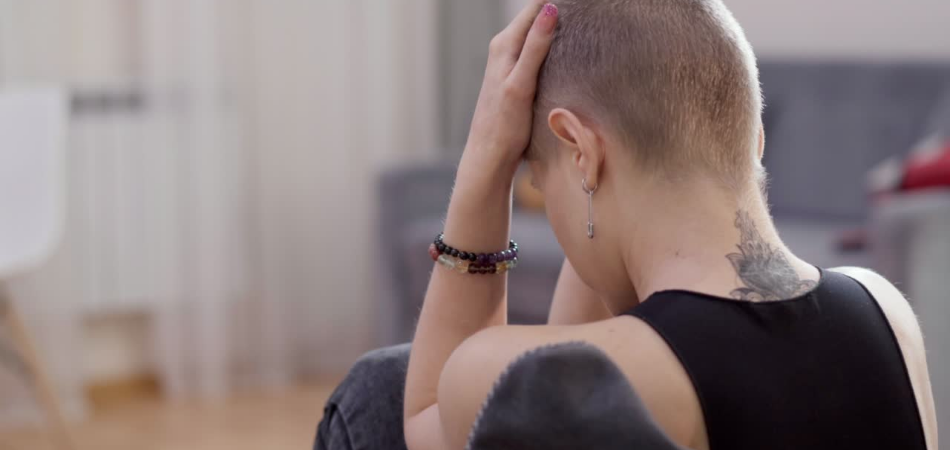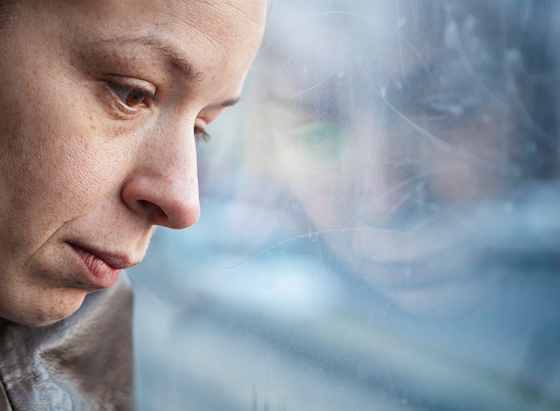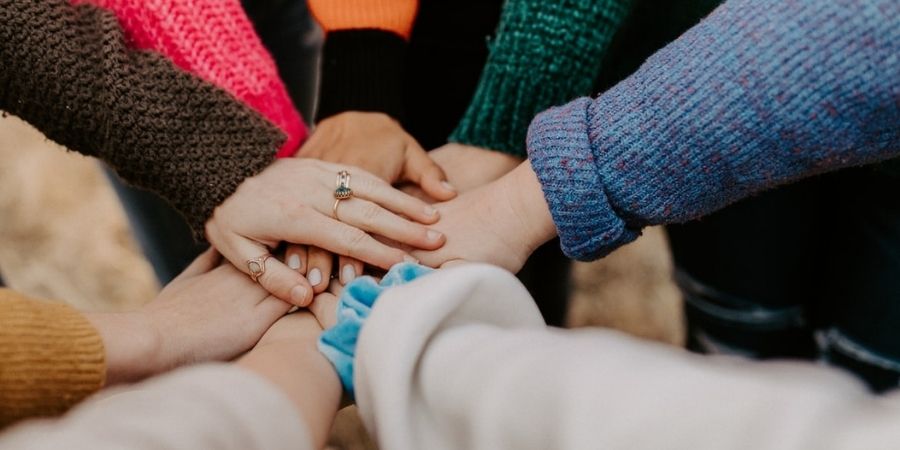Relapse prevention resources and techniques
This Page was last reviewed and changed on May 7th, 2024
Addiction relapse is a very normal and common part of recovery. In fact, it is estimated that anywhere from 40 to 60% of people in addiction recovery will experience at least one relapse. While relapse can be both frustrating and disheartening, it is important to remember that it does not mean that you have failed. Addiction is a chronic, powerful condition which means that relapse is always a possibility at some point during recovery.

What is relapse?
Relapse is defined as a return to drinking or drug use after a period of abstinence. For many people, relapse in addiction recovery is a natural step on the road to sobriety. Some people may never relapse and one time in rehab will be enough for them to overcome their addiction once and for all. But for others, relapse is a normal part of the recovery process which will ultimately make them stronger and more determined to turn their life around.
Relapse can be difficult for both the individual in recovery and their loved ones. It can be hard to watch someone you care about struggle with drug addiction or alcohol addiction, and it can be even harder when they relapse. But it’s important to remember that relapse is not a failure. It’s a part of the process, and it doesn’t mean that someone is never going to recover from their addiction.
The potential damage of drug/alcoholic relapse
Addiction can take a huge toll not just on the individual but on their loved ones too. It can alienate people from their families, cause mistrust and resentment and isolate a person when they most need love and support.
For many families, relationships are repaired when their loved one enters rehab to get help overcoming their addiction. This can help show that they recognise the damage their drinking or drug use is causing and that they want to make amends for any hurt they have caused.
When that person then relapses, it can be a devastating event for all involved. Relapse can erode the trust and communication that has been built up with loved ones and it can lead to feelings of shame, self-loathing and despair in the person who has experienced a drug or alcohol addiction relapse.
However, it is so important for friends and families to understand that nobody chooses to relapse any more than they chose to be addicted in the first place. Recovery is incredibly difficult and addiction relapse is a very real possibility for anyone, no matter how much progress they have made.
What causes addiction relapse?
There are many reasons why people relapse after leaving rehab:
They haven’t addressed the underlying causes of their addiction
Identifying the causes of alcohol or drug addiction is essential for long-term sobriety. Many people turn to drugs and alcohol as a way to self-medicate or cope with trauma, stress, anxiety, and depression. If these issues are not addressed in treatment, it’s likely that the person will relapse when they face these triggers in their everyday life.
They struggle with leaving the sanctuary of rehab
The transition from rehab back to normal life can be overwhelming and triggering for many people. In rehab, there is a structure and support system in place that helps people stay sober but when they leave treatment and go back home, they have to face all the things that led them to drugs and alcohol in the first place. This can be a lot to handle without support, which is why many people relapse soon after leaving rehab.
They experience difficult or stressful moments
Stressful or traumatic situations can also lead to alcohol or drug addict relapse. If someone experiences a major loss or setback, such as the death of a loved one or losing their job, they may turn to drugs or alcohol as a way to cope. This is why it’s so important for people in early recovery to have a support system in place that they can rely on during difficult times.
They return to their old habits or peers
Influences and triggers are other common reasons for relapse. If someone goes back to their old social scene or hangs out with people who still use drugs and alcohol, it’s very easy to fall back into old patterns of drug use. It’s important for people in recovery to make new friends and build a new social network of sober people.
Our former client, Debby explains how she changed her social group to help with her recovery:
“I used to be a drinker on the weekend. I’m still friends with my drinking friends, but I haven’t been out with them for a few years. I have a new group of friends now that don’t drink much and there is no pressure when I say I don’t drink.”
They don’t participate in further treatment opportunities
Finally, failing to attend aftercare or support groups can also lead to relapse. At Sanctuary Lodge, we provide all clients with twelve month’s free weekly group therapy sessions to provide ongoing support as you re-integrate back into your everyday life. In addition, all Sanctuary Lodge clients are given access to our Alumni Network where you can connect with other people in recovery and attend sober events and activities. This provides the opportunity for everyone to support each other during difficult moments.
They believe they are “cured”
Some people actually end up relapsing because their recovery has gone so well, they get drawn into a false sense of security. They may start to think that they have beaten their addiction and that they can now handle the occasional drink or other substance. This is why it is so important for people in recovery to engage in aftercare and support groups where they can discuss these feelings and be reminded of the dangers of relapse.
Tips for preventing relapse after leaving rehab
There are various steps that you can take to reduce the risk of relapse. Here are some useful tips:
- Create a sober environment at home: This means avoiding triggers that may lead to drug or alcohol use, such as removing drugs and alcohol from your home. You can ask a loved one to do this while you are in rehab or prepare your home before you enter treatment.
- Have a support system in place: This could mean friends or family members who can provide emotional support, people who you went through rehab with or addiction counsellors who can help you during difficult moments.
- Take personal steps to reduce the chances of relapse: This includes staying away from old friends who may be involved in drug use, attending support group meetings and participating in regular activities that promote sobriety. You could also try taking up new hobbies which will prevent you from feeling bored and help you to make new friends.
- Prepare for the transition back to everyday life: For example, if you are returning to work, speak to your boss and see if there is anything that can be done to help with the transition. You may be able to work remotely on days when you are not feeling 100% or adopt a flexible work schedule that will enable you to attend support groups.
How to help someone who has relapsed
If you know someone who has relapsed, it is important to be supportive and understanding. Avoid judgement and try to understand why they may have relapsed so that you can help them prevent it from happening again in the future.
For example, if they have relapsed because they have met up with old friends who encouraged them to start using drugs and alcohol again, try to convince them to stay away from these people. You can offer to join them in new social activities which will help introduce them to new friends who will be conducive to their recovery.
Likewise, if they have relapsed because the transition from rehab back to everyday life has been too overwhelming, see if there is anything you can do to make it easier for them. This may mean babysitting their children when they are attending sobriety meetings or even going with them to lend extra support.
When your loved one knows that their friends and family are there for them, even when they have had a temporary setback, can make all the difference in helping them succeed the next time.
Final thoughts
Relapse can be very frustrating but it is crucial that you don’t allow it to destroy all of the incredible progress you have made. Remind yourself that 40-60% in recovery will experience a relapse at least once in their recovery but a great many will go on to make full and successful recoveries. Believe in the process, follow the tips in this guide and stay open and communicative with your loved ones and support network. Connection is vital in recovery and with a strong will and small, important changes in your life, you will have every chance of a happy, healthy future.
If you or someone you know has relapsed or is at risk of relapse, it is important to seek professional intervention for addiction. At Sanctuary Lodge, our comprehensive recovery programmes are designed to help you overcome your addiction in the short term and prevent relapse when you leave rehab. Get in touch with us today for more information about how we can help.




